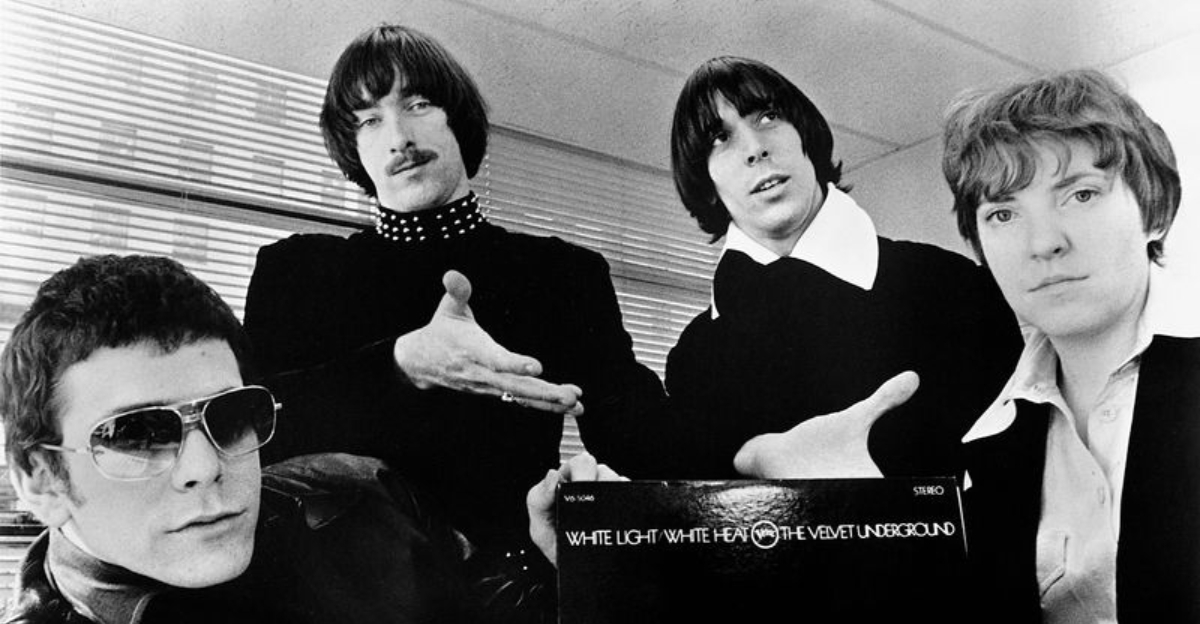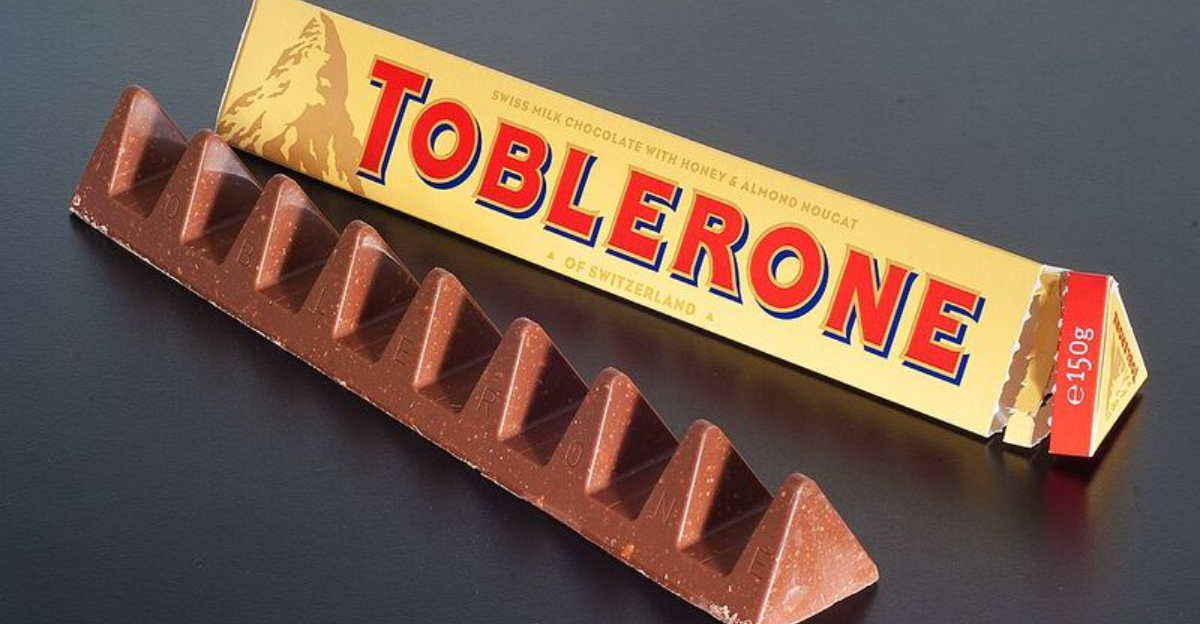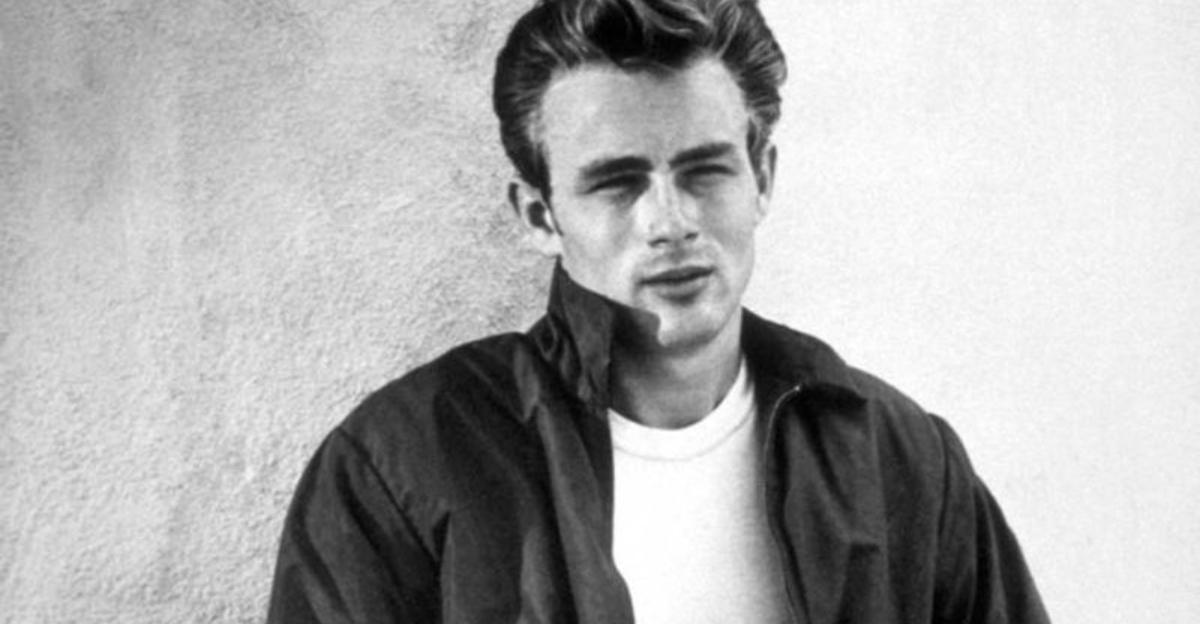15 Nostalgia Myths That Make The Past Look Better Than It Was
We all love looking back at the good old days with rose-colored glasses, remembering when life seemed simpler and everything felt perfect.
But here’s the truth: our memories often play tricks on us, making the past seem way better than it actually was.
Many things we remember fondly weren’t quite as magical as we think, and it’s time to separate fact from fiction.
1. Kids Played Outside All Day And Everything Was Safe
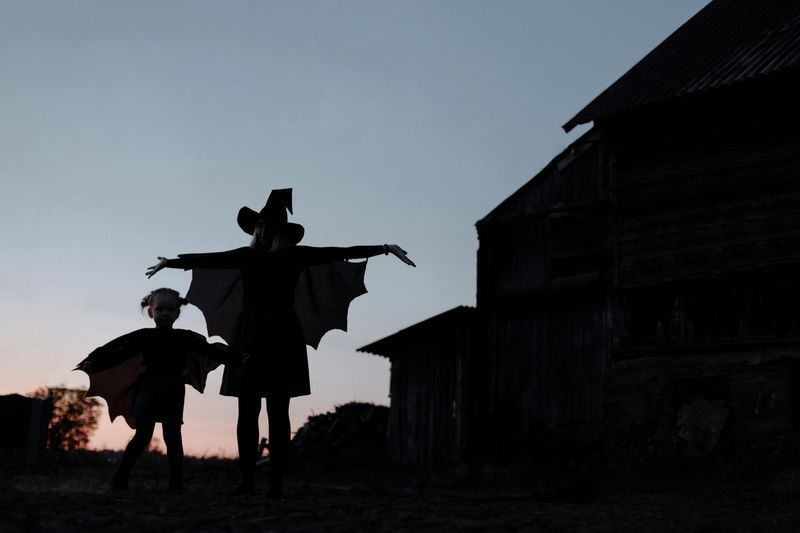
Remember when parents supposedly let their kids roam free until the streetlights came on? While it’s true children spent more time outdoors, the past wasn’t exactly a crime-free paradise.
Crime rates were actually higher in many decades past, and dangers like bullying, accidents, and stranger danger still existed.
Parents just didn’t have 24-hour news cycles constantly reminding them of every scary possibility, which made them feel more relaxed about letting kids wander.
2. Everyone Ate Real, Healthy Home-Cooked Meals Every Night

Ah yes, the era of wholesome family dinners with fresh vegetables and roasted chicken every evening! Except that’s not quite accurate.
TV dinners became wildly popular in the 1950s, canned foods dominated pantries, and Jell-O salads with mysterious ingredients were considered gourmet.
People smoked at the dinner table, drank heavily, and nutritional knowledge was limited. Home cooking happened more frequently, but calling it universally healthy is a serious stretch of imagination.
3. Childhood Was Simpler Without Technology
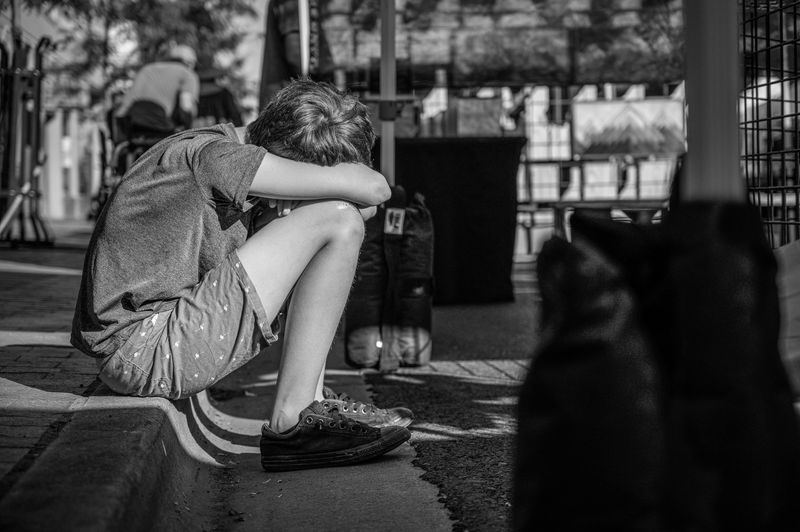
Before smartphones and tablets, kids supposedly lived in a blissful world of imagination and simplicity. But was childhood really easier, or just different?
Children still dealt with peer pressure, family problems, academic stress, and boredom. They just couldn’t text their friends or look up answers quickly.
Being cut off from information and connection had its own challenges, including isolation and limited opportunities for learning beyond what was immediately available.
4. Families Always Stayed Together And Marriages Were Stronger

According to nostalgia, divorce was rare because couples were truly committed to making things work. The reality?
Many people stayed in miserable, even abusive marriages because divorce carried massive social stigma.
Women often lacked financial independence and legal rights to leave bad situations. Higher marriage rates didn’t mean happier families – they often meant trapped individuals suffering in silence.
5. Everyone Knew Their Neighbors And Communities Were Closer
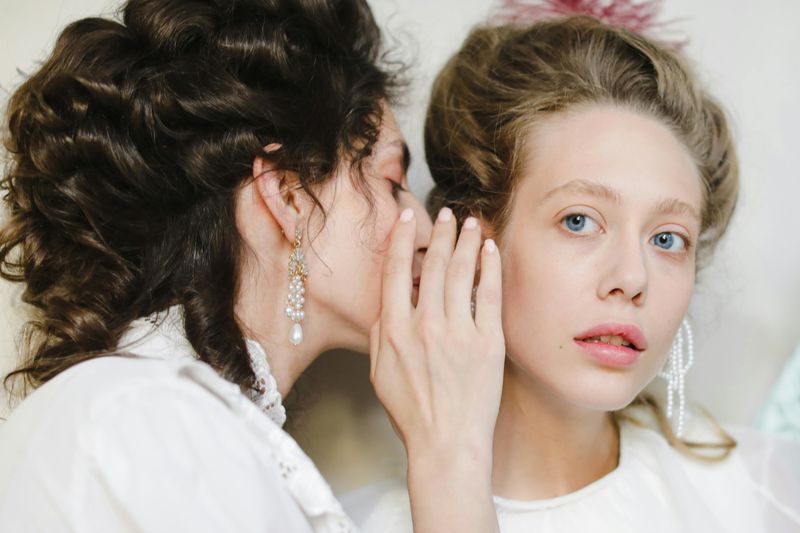
Once upon a time, neighbors supposedly borrowed sugar and chatted over white picket fences daily. While people might have known who lived next door, that doesn’t automatically mean communities were friendlier.
Gossip ran rampant, conformity was expected, and anyone who didn’t fit the mold faced exclusion or harassment. Knowing your neighbors meant they also knew your business, which could be suffocating.
6. People Didn’t Stress As Much, Life Was Slower

If only we could return to those carefree days when nobody rushed around or worried constantly! Except people absolutely stressed back then too.
They worried about nuclear war, polio outbreaks, economic recessions, and paying bills. Work hours were often longer, labor protections were weaker, and medical care was less advanced.
7. Kids Behaved Better And Respected Adults Automatically
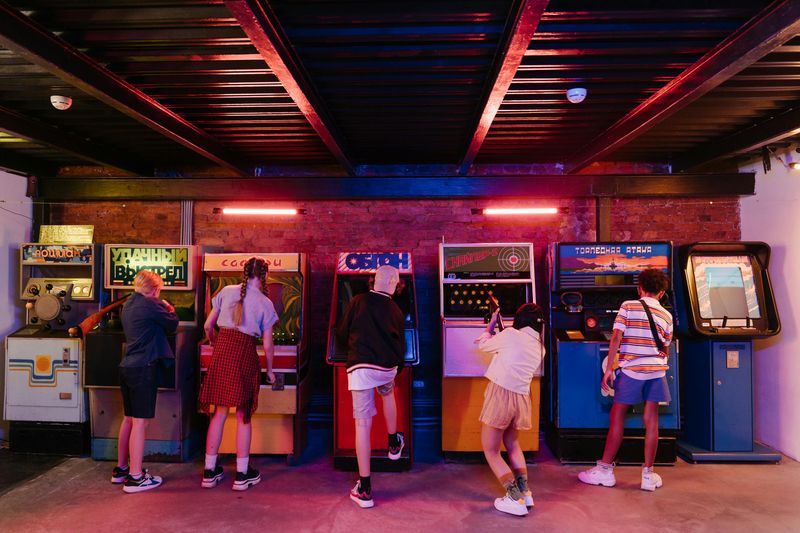
According to grandparents everywhere, children used to be perfectly obedient angels who never talked back. What actually happened? Kids were often terrified of harsh punishments.
Corporal punishment was common in schools and homes, creating obedience through fear rather than genuine respect.
Juvenile delinquency, teen pregnancy, and rebellious behavior all existed – sometimes at higher rates than today.
8. School Was Easier And Teachers Were Always Fair

Back when education supposedly meant real learning without all the testing pressure and political correctness! Not exactly.
Schools were often segregated, girls faced limited opportunities, and students with learning disabilities received little to no support. Teachers could be biased, cruel, or incompetent without much accountability. Curriculum was narrower, corporal punishment was accepted, and many kids dropped out early to work.
9. Music And Movies Were Objectively Better
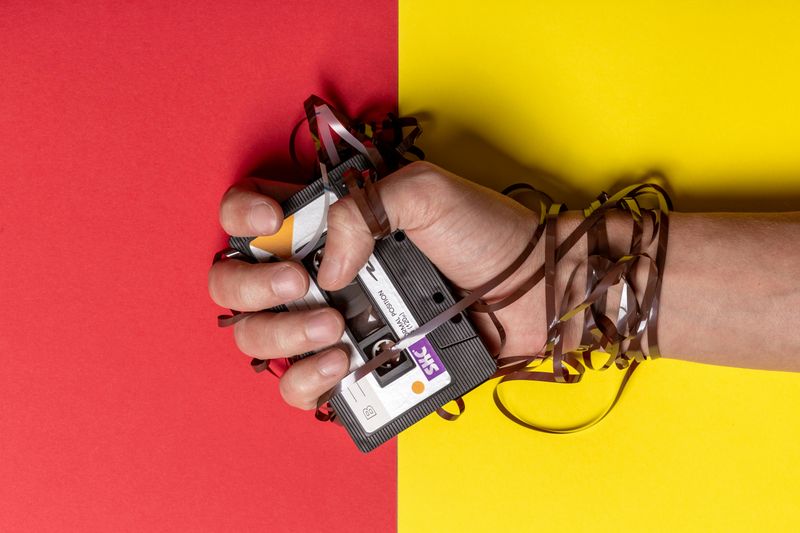
Every generation thinks their era produced the best entertainment, and it’s simply not true. What we remember are the classics that stood the test of time.
We forget the countless terrible songs, forgettable movies, and mediocre shows that also existed. Survivor bias makes the past seem golden because only the good stuff gets replayed and remembered.
10. People Had Better Manners In Public

When everyone supposedly dressed nicely, held doors open, and minded their manners perfectly! The truth is more complicated.
Public smoking was everywhere, littering was rampant, and drunk driving was socially acceptable. People might have dressed more formally, but that didn’t make them more considerate.
Racism, sexism, and other prejudices were openly expressed in public spaces. Better fashion doesn’t equal better behavior, and formal clothing can’t hide ugly attitudes or thoughtless actions toward others.
11. Jobs Were Stable And You Could Walk Into A Career Easily
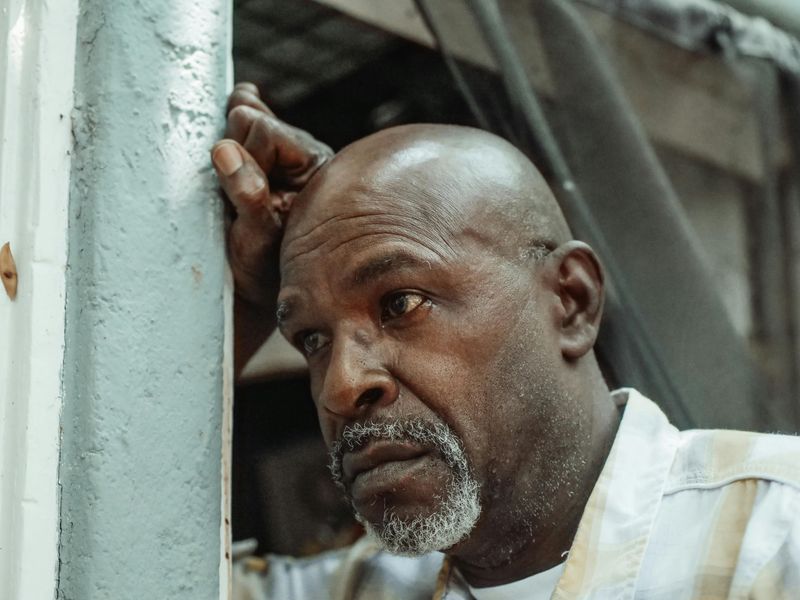
Once upon a time, you could supposedly graduate high school, walk into a factory, and support a family comfortably for life. While some industries offered more stability, this wasn’t universal.
Economic recessions happened regularly, layoffs were common, and workplace safety was terrible. Discrimination limited opportunities for women and minorities.
Pensions existed for some, but many workers struggled with low wages and no benefits.
12. Cities Were Cleaner And Safer

Urban areas supposedly sparkled with cleanliness and safety before modern times ruined everything. Historical reality tells a different story entirely.
Cities dealt with serious pollution, overflowing garbage, and higher crime rates than today in many cases.
Industrial waste went unregulated, lead paint and asbestos were everywhere, and smog choked major metropolitan areas.
13. Children Had More Imagination Because They Didn’t Have Screens

Without iPads and video games, kids supposedly created elaborate imaginary worlds constantly. But boredom doesn’t automatically spark creativity for everyone.
Plenty of children sat around bored, watched excessive television, or engaged in destructive behavior.
Imagination isn’t killed by technology – it’s fostered by encouragement, resources, and opportunity regardless of era.
14. Vacations And Road Trips Were More Fun
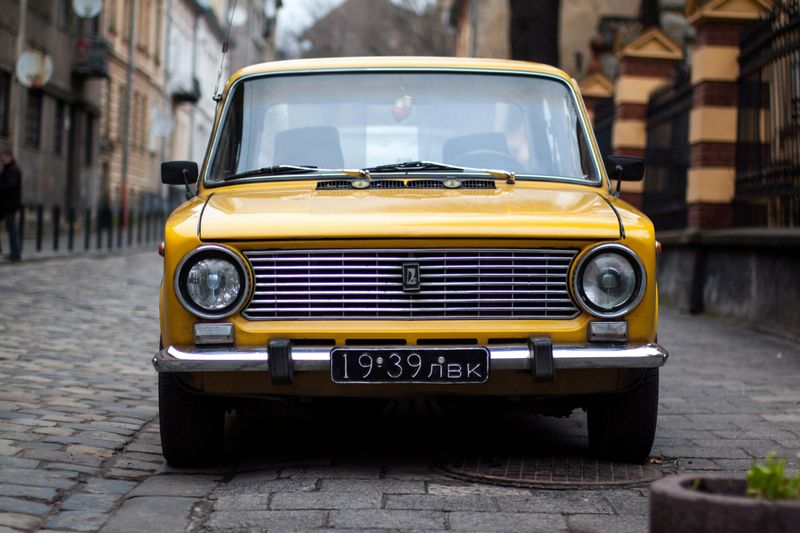
Remember when family vacations meant adventure without smartphones ruining everything? Those trips had their own frustrations that we conveniently forget.
No GPS meant getting hopelessly lost, no air conditioning made long drives miserable, and limited entertainment options led to constant sibling fights.
Roadside motels were sketchy, food options were limited, and breakdowns happened frequently.
15. Kids Grew Up Faster In A Good Way, Not Overwhelmed
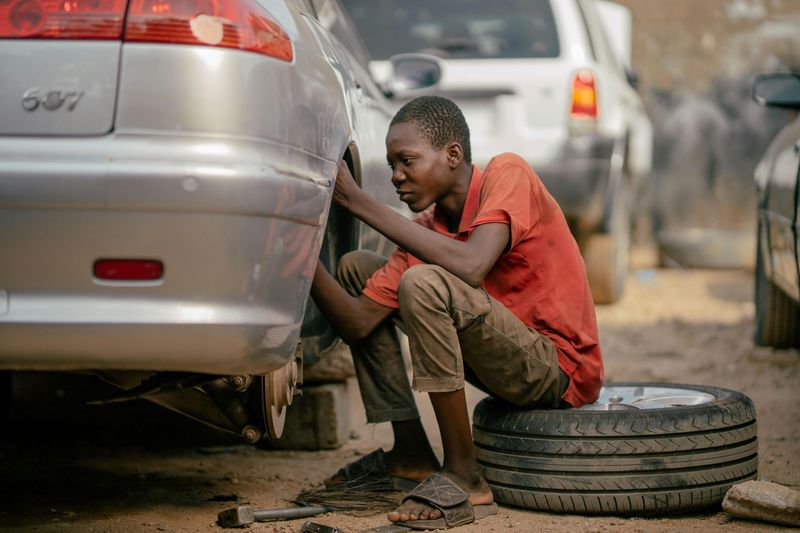
Children supposedly matured into responsible adults naturally, without today’s extended adolescence. But growing up faster wasn’t always positive.
Many kids took on adult responsibilities out of necessity, not choice – working to support families, caring for siblings, or facing adult problems without proper support.
Today’s extended adolescence allows more education, exploration, and emotional development.

